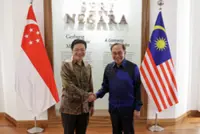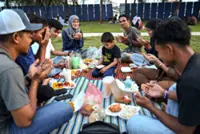In 2018, the censors who oversee Chinese media issued a directive to the nation’s entertainment industry: Don’t feature artistes with tattoos and those who represent hip-hop or any other subculture.
Right after that, a well-known rapper, GAI, missed a gig on a popular singing competition despite a successful first appearance. Speculation went wild: Fans worried that this was the end for hip-hop in China. Some media labelled it a ban.





